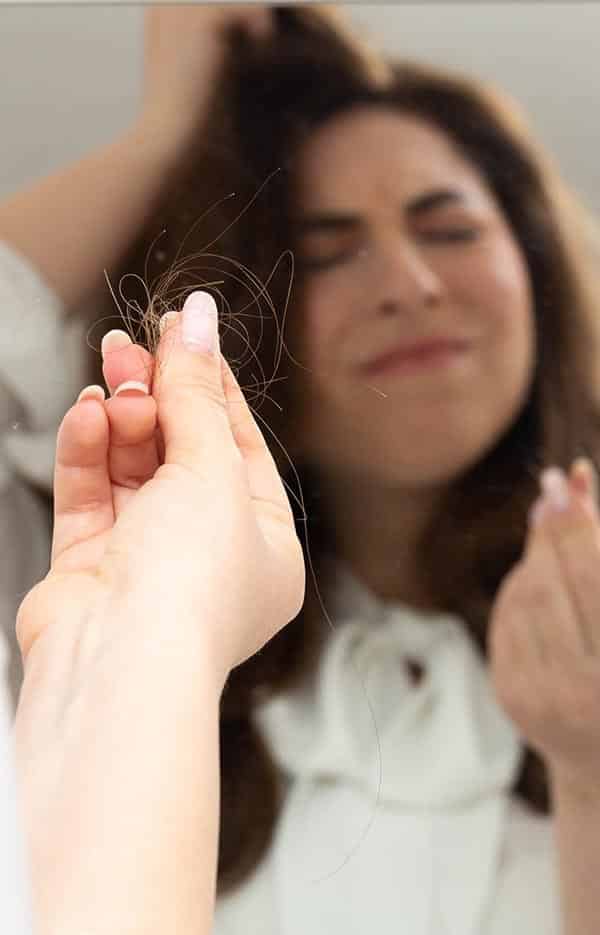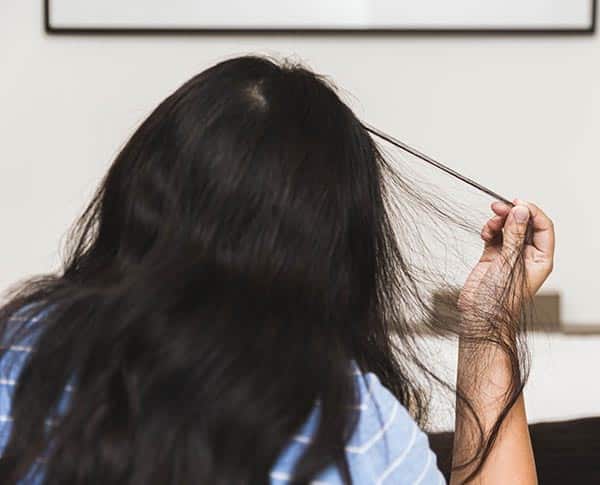In the vast spectrum of mental health disorders, there are some that hide in plain sight, veiled by the guise of everyday behaviors. Trichotillomania, a condition characterized by recurrent hair-pulling, is one such disorder. Often overlooked or misunderstood, trichotillomania can manifest in subtle signs that may not immediately raise red flags. In this blog, we delve into the intricacies of trichotillomania, exploring its subtle signs and the importance of recognizing them for early intervention and support.
What is Trichotillomania?
Trichotillomania is a psychiatric disorder classified under obsessive-compulsive and related disorders in the Diagnostic and Statistical Manual of Mental Disorders (DSM-5). Individuals with trichotillomania experience recurrent urges to pull out their hair, resulting in noticeable hair loss. This behavior often serves as a coping mechanism for stress, anxiety, or other negative emotions. Here are the subtle signs to look out for:
- Excessive Grooming Habits: While grooming is a normal part of self-care, individuals with trichotillomania may exhibit excessive grooming behaviors focused on specific areas where hair is pulled. They may spend an unusual amount of time inspecting or touching certain spots on their scalp or body.
- Wearing Hats or Headscarves Frequently: To conceal areas of hair loss, individuals with trichotillomania may resort to wearing hats, headscarves, or other accessories, even in situations where it may seem unnecessary, such as indoors or in warm weather.
- Avoidance of Social Situations: Feelings of embarrassment or shame about hair loss can lead individuals with trichotillomania to avoid social interactions or situations where their condition may be noticed or questioned. They may become increasingly withdrawn or isolated as a result.
- Frequent Hair Regrowth in Specific Patterns: Trichotillomania often results in distinct patterns of hair loss and regrowth due to repeated pulling in certain areas. Observing irregular patterns of hair growth, such as patchy spots or uneven lengths, may indicate underlying hair-pulling behavior.
- Hiding Pulling Tools: Individuals with trichotillomania may go to great lengths to conceal their pulling tools, such as tweezers or scissors, as these items are often associated with their compulsive behavior. Discovering hidden tools in unusual places, such as under pillows or in desk drawers, could be a subtle indicator of trichotillomania.

The Importance of Recognition and Support
Recognizing the subtle signs of trichotillomania is crucial for early intervention and support. Despite its prevalence, trichotillomania is frequently underdiagnosed or misdiagnosed, leading to delays in treatment and increased distress for affected individuals.
If you suspect that you or someone you know may be struggling with trichotillomania, it’s essential to seek professional help from a mental health provider experienced in treating obsessive-compulsive and related disorders. Treatment approaches may include cognitive-behavioral therapy (CBT), habit reversal training, and medication management tailored to individual needs and circumstances.
In addition to professional treatment, building a supportive environment is paramount in the recovery journey. Friends, family members, and peers can offer understanding, empathy, and encouragement, fostering a sense of validation and empowerment for individuals grappling with trichotillomania.

Trichotillomania may present itself through subtle signs that require keen observation and awareness to identify. By recognizing these signs and offering timely support and intervention, we can help individuals affected by trichotillomania navigate their challenges and embark on a path toward healing and recovery. The Therapy Treatment Team Tampa can aid and shed understanding and awareness on the complexities of trichotillomania, fostering compassion, understanding, and hope for those affected by this often misunderstood disorder.

Dr. Yaro Garcia
Hello, I am Dr. Garcia, please call me Yaro. My degrees are in clinical psychology and I am a licensed mental health counselor. My approach is caring, warm, safe, non-judgmental, and straight forward. It is a difficult decision to seek therapy, I take time to build a trusting therapeutic relationship with you…
















